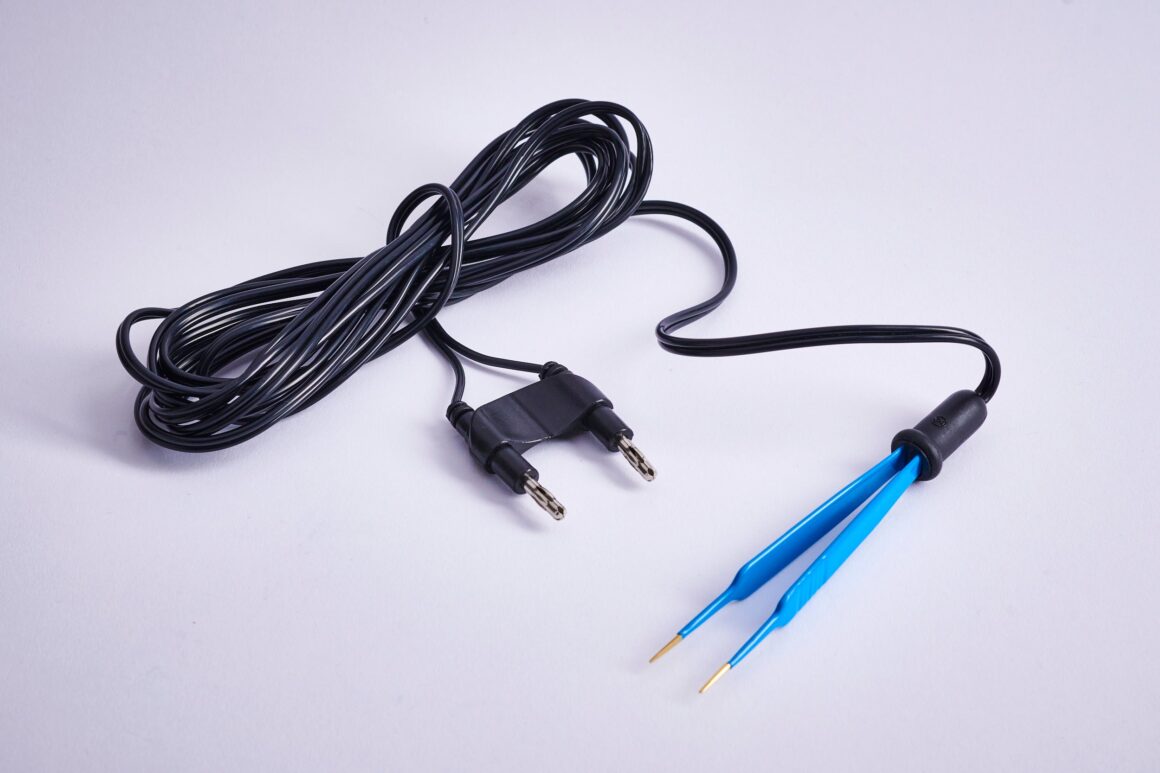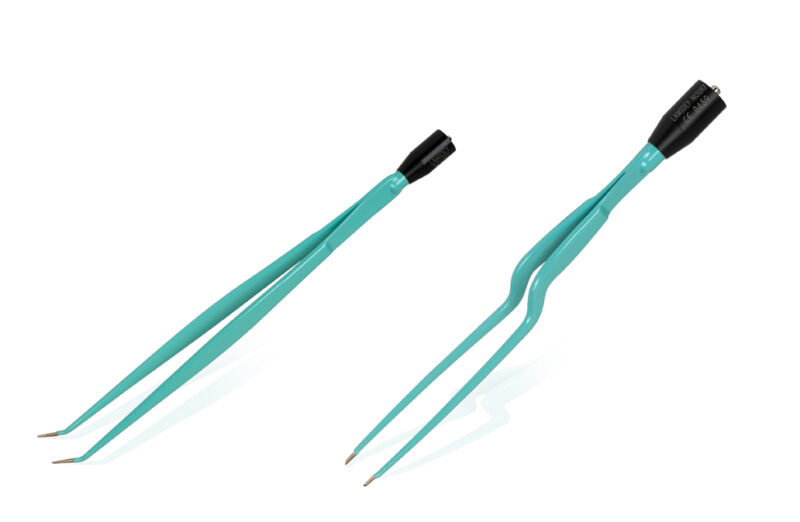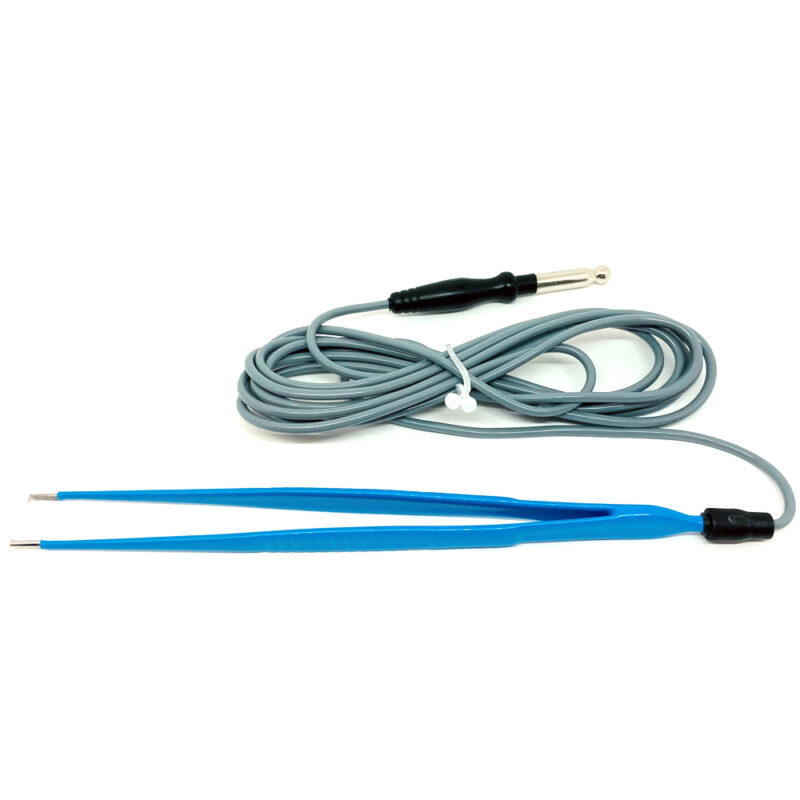Monopolar forceps are indispensable tools in the field of medicine, particularly in surgical procedures where precision and control are paramount. These specialized instruments play a crucial role in various medical disciplines, from general surgery to neurosurgery.
In this comprehensive guide, we will explore the use of monopolar forceps, their applications, and the benefits they offer to medical professionals and patients alike.
What are Monopolar Forceps?

Monopolar forceps, also known as monopolar cautery forceps or monopolar coagulation forceps, are surgical instruments used to deliver electrical current to tissue for cutting or coagulation purposes during surgical procedures. Unlike bipolar forceps, which deliver electrical current between two tips, monopolar forceps have a single active tip that conducts electricity to the target tissue.
How Do Monopolar Forceps Work?
Monopolar forceps operate on the principle of electrosurgery, where high-frequency electrical current is used to cut or coagulate tissue. The active tip of the forceps is connected to an electrosurgical generator, which delivers the electrical current in a controlled manner. When the forceps come into contact with tissue, the electrical current generates heat, causing thermal coagulation or vaporization of the tissue.
Applications of Monopolar Forceps
Monopolar forceps find wide-ranging applications across various surgical specialties, including:
- General Surgery: Monopolar forceps are commonly used in procedures such as abdominal surgeries, appendectomies, and cholecystectomies to cut and coagulate tissue.
- Orthopedic Surgery: In orthopedic procedures such as joint replacement surgeries and fracture repairs, monopolar forceps are used to control bleeding and dissect soft tissue.
- Neurosurgery: Monopolar forceps play a crucial role in delicate neurosurgical procedures, including tumor resections and spinal stenosis and surgeries, where precise tissue manipulation and hemostasis are essential.
- Gynecology: In gynecological surgeries such as hysterectomies and ovarian cystectomies, monopolar forceps are used for tissue dissection and hemostasis.
- Urology: Monopolar forceps are utilized in urological procedures such as prostate surgeries and kidney stone removal to achieve hemostasis and cut tissue.
Benefits of Using Monopolar Forceps

- Precision: Monopolar forceps offer precise tissue dissection and hemostasis, allowing surgeons to perform delicate procedures with accuracy.
- Versatility: These instruments can be used across a wide range of surgical specialties, making them versatile tools in the operating room.
- Efficiency: Monopolar forceps enable efficient tissue cutting and coagulation, reducing procedure time and improving surgical outcomes.
- Safety: With proper technique and precautions, monopolar forceps can help minimize the risk of tissue damage and complications during surgery.
- Cost-Effectiveness: Compared to alternative techniques, such as laser surgery or ultrasonic dissection, monopolar forceps are often more cost-effective, making them accessible to healthcare facilities with budget constraints.
Conclusion
In conclusion, monopolar forceps are indispensable instruments in modern surgical practice, offering precision, versatility, and efficiency in tissue dissection and hemostasis. From general surgery to specialized procedures in neurosurgery and gynecology, these instruments play a vital role in achieving optimal surgical outcomes. By understanding the principles of electrosurgery and mastering the use of monopolar forceps, healthcare professionals can enhance patient care and contribute to the advancement of surgical techniques.


